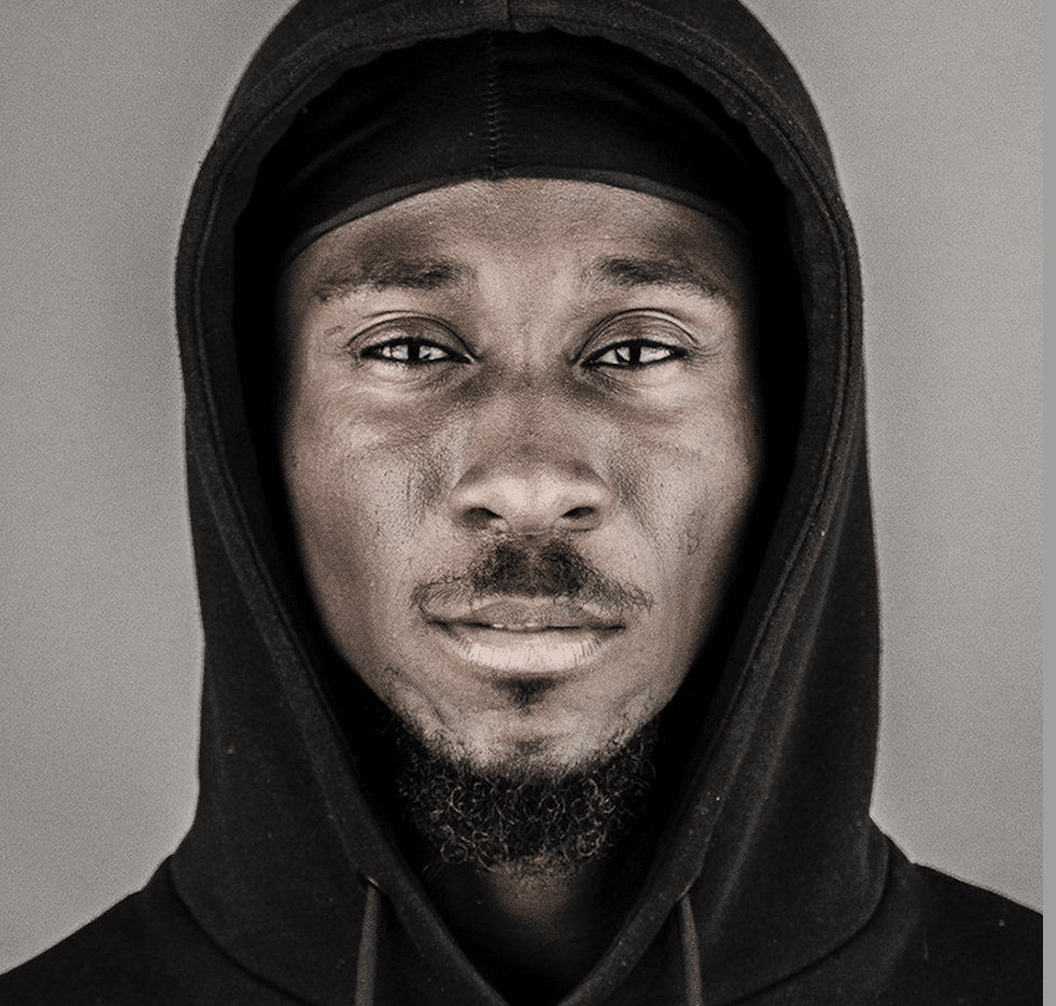During the year we took a closer look at the domain changes that have taken place among the fastest-growing companies in the world, what domain names did the Top 10 Tech Companies choose for their brands, and what you can learn from Fortune 500 Companies and their choices. Here we will take a broader look at how this (crazy) year has affected brands and branding and what it potentially means in the long run.
Digital is here to stay
The COVID-19 pandemic has affected everything, from our personal lives to businesses, big and small, to the way we look towards the future, with our new perspectives, habits and awareness. According to the United Nations Conference on Trade and Development “The pandemic has accelerated the shift towards a more digital world and triggered changes in online shopping behaviours that are likely to have lasting effects”.
Faced with lockdown regimes and store closures many consumers turned to online and mobile shopping. That made brands a lot more aware and focused on the importance of their online presence, the ease of access they offer to their customers and their dependency on third parties like Amazon, Google and social media.
“The pandemic has accelerated the shift towards a more digital world and triggered changes in online shopping behaviours that are likely to have lasting effects.”
UNCTAD Secretary-General Mukhisa Kituyi
According to new data from IBM’s U.S. Retail Index, the pandemic has accelerated the shift away from physical stores to digital shopping by roughly five years.
How businesses have been affected globally and what they can do to adapt as quickly as possible will be an ongoing story in the new year.
Generic .com names can be registered as trademarks
In an 8-to-1 ruling, The U.S. Supreme Court has decided that Booking.com, the online travel reservation site, can get a trademark for its domain name. The lesson here is simple: because Booking.com is not generic to the public, it is not generic. No doubt, this decision opens the door for other brands with “generic” names to apply for a trademark, but what does that mean to your business? You can read more about how the Booking.com case affects your business here.

“Owners of generic domain names enjoy additional competitive advantages unique to the internet—again, regardless of trademark protection. Most importantly, domain name ownership confers automatic exclusivity.”
The Supreme Court
Brands can’t stay neutral
On May 25th 2020 the death of George Floyd in Minneapolis sparked nationwide and soon after, global protests. Floyed died after a police officer kneeled on his neck for several minutes. In the past we have seen brands (especially global brands, who try to cater to a wide audience) remain silent when it comes to social justice issues. This time they had to speak out.
Two movements started in 2018 that went global in 2019 proved how powerful consumers can be when they can organize and stand together for a cause. The #NeverAgain movement formed by a group of twenty students attending the Marjory Stoneman Douglas High School, after the school shooting in 2018 got laws changed and businesses ranging from small retailers, to grocery stores to major banks, to cut ties with the NRA. Fridays for Future, started by Greta Thunberg in 2018, grew to a strong global movement and its followers are not just expecting but demanding brands to take action against climate change.

“Companies need to become the change they are tweeting about. Walk the walk before you tweet the tweet.”
CEPHAS WILLIAMS, FOUNDER OF 56 BLACK MEN
So it comes as no surprise, when the Black Lives Matter movement started to take shape, brands had to respond, and had to respond quick. Nike released a 60-second spot from Wieden+Kennedy Portland, encouraging Americans to not turn their backs on racism, with adapting their tagline to “For Once, Don’t Do It”. YouTube, the NFL, Disney, Amazon, Netflix, followed suit. Some brands got the message right, others didn’t. It turns out it is not easy to take a stand on racial justice, be authentic and remain true to your core brand values, all at the same time. It is also not easy not to appear as a hypocrite – issuing statements and making pretty social images is one thing, reflecting equality throughout an entire company structure is another. But one thing is clear – people in mass realized they can “vote” with their wallets and this will be a lasting change to how brands are expected to react to social and environmental issues from now on.
Third party platforms are double-edged swords
Remember the days when life on the web was simple? There were some rules you had to follow and providing you do that your site would rank well on search engines. Your content would show on your customers’ feed on social media. You would put your products to sell on huge e-commerce platforms without fearing they will copy them and kick you out to sell their own version of Your designs. You would invest literally years of work to gain followers and sleep peacefully knowing they will still be there tomorrow. Because they’re yours, right? Your content, your followers, your products, your rules, right? Wrong.
The pandemic has sharpened our focus on digital and as a consequence made businesses quickly realize that third party platforms have their own interest above yours. They can steal your ideas, kick you out and sell them as their own. Ask those businesses. They can get banned and put your connection with your followers in jeopardy. They can and do decide what is right and wrong about the messages you want to transmit to your audience. Well, and let’s be honest, it makes no sense to any of them to have strong, independent brands with direct traffic to their own URLs.
Many major brands have started to leave platforms like Amazon, pulling out ads from Facebook, and Google has been accused of abusing its monopoly powers.
“The Google of today is a monopoly gatekeeper for the internet. For many years, Google has used anticompetitive tactics to maintain and extend its monopolies in the markets for general search services, search advertising, and general search text advertising — the cornerstones of its empire.”
Deputy Attorney General Jeffrey Rosen
We hope those observations will be of use to you when planning for a successful 2021 for your brand. So what are your takeaways from 2020 when it comes to branding and brands? Don’t be shy to contact us with your ideas!

Previous Next